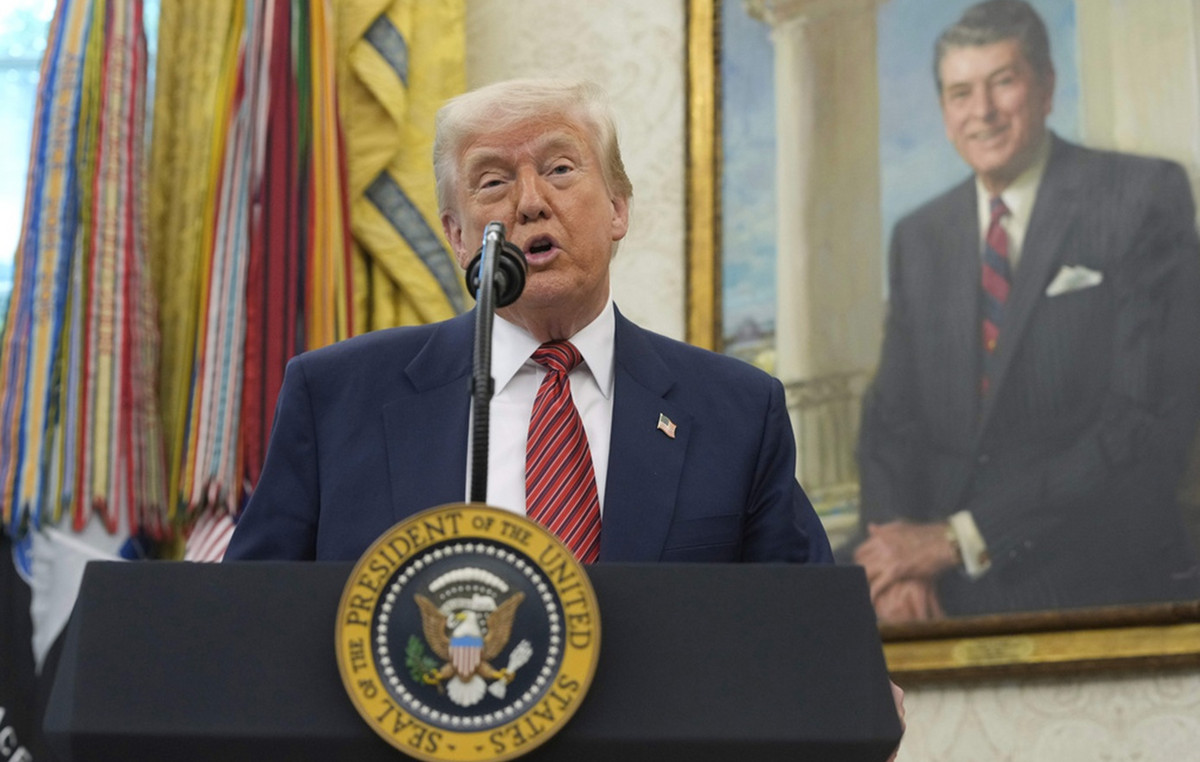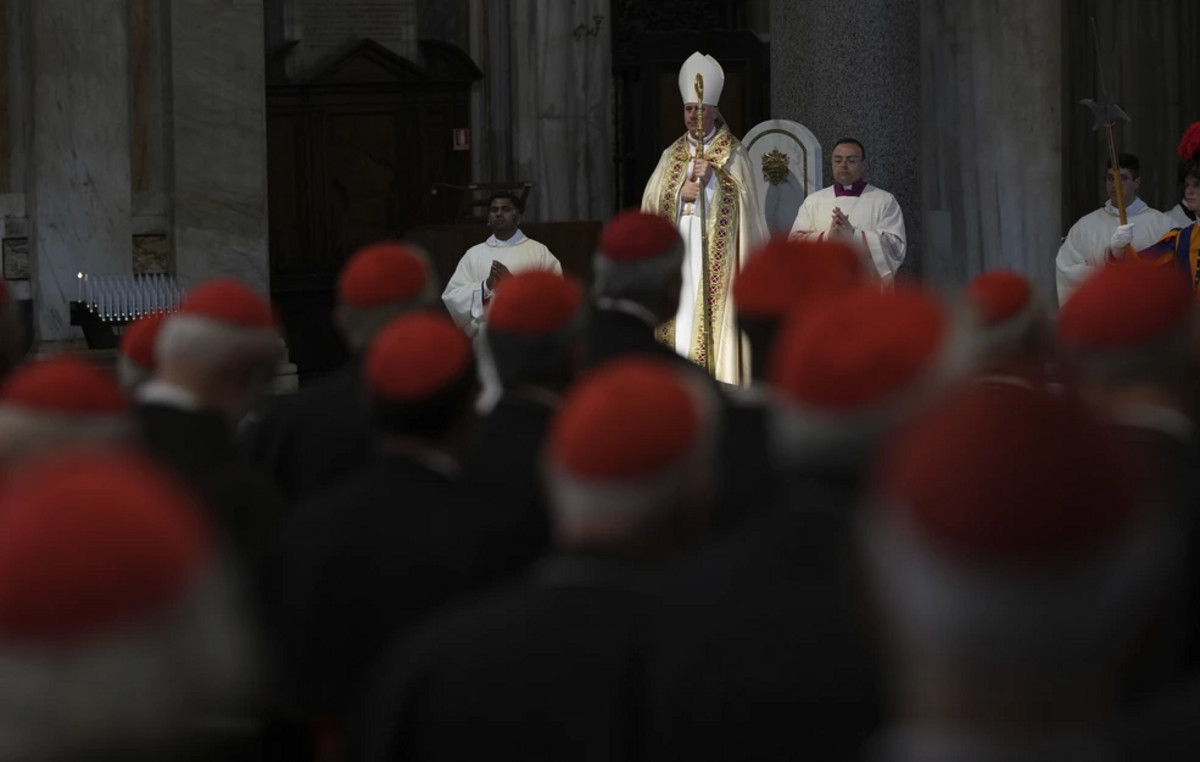China will certainly increase pressure on Taiwan after the victory of government candidate Lai Ching Te in the presidential elections held on the island this Saturday (13).
Also known as William Lai, the future president always enthusiastically defended the independence of Taiwan, seen by China as a rebellious province and an inseparable part of its territory.
The Democratic Progressive Party (PPD), Lai's group, also defends Taiwan's separate identity and rejects Chinese territorial claims. With Lai's victory, the party goes for a historic third consecutive term.
Beijing made its displeasure with the result clear, stating shortly after Lai's victory was announced that “Taiwan belongs to China”.
The Chinese government stated that the election result demonstrates that the PPD does not represent the opinion of the majority of the Taiwanese people.
“Our stance on resolving the Taiwan issue and achieving reunification remains consistent, and our determination is firm as stone,” the Chinese government said in a statement.
During the presidential campaign, Beijing tried to interfere in the dispute in several ways. The Chinese Ministry of Defense even said, on the eve of the vote, that it is prepared to “crush any plans for independence” for the island.
The Chinese government also defined the election as a choice between war and peace, stating that Lai is a “dangerous separatist” and that his victory would be a “real danger” to relations between the two sides.
Beijing has also repeatedly rejected Lai's calls for diplomatic talks. China's communist government preferred the election of the candidate of the Kuomintang Nationalist Party, Hou Yu-Ih, who came second.
In his victory speech, Lai tried to find a balance between guaranteeing Taiwan's security and independence while criticizing “attempted external interventions” in the electoral dispute.
He said he would maintain the status quo in relations with Beijing but was “determined to safeguard Taiwan from China’s threats and intimidation.”
At the same time, he emphasized the need for cooperation and dialogue with Beijing on an equal basis to “replace confrontation”, although he did not give details of how he would do this.
During the campaign, Lai tried to compromise by stating that Taiwan is already de facto independent and that, therefore, he would not need to make any further statements in this regard.
However, he advocated a deeper rapprochement between the island and the United States and other Western countries, as a way of dissuading China from any military adventure.
His victory certainly deeply angered the Chinese government and its leader, Xi Jinping, who has already declared that “it is inevitable” that Taiwan will return to China. In recent months, China has already been greatly increasing military exercises around the island.
The Chinese military stopped respecting the symbolic median line that separates the mainland from the territory in the Taiwan Strait, with its fighter jets crossing the theoretical “border” almost daily.
This type of exercise and provocation tends to escalate. Beijing may also adopt a tougher line in trade negotiations with the island.
The possibility of a military conflict between the two sides is also not ruled out, but it is not the most likely hypothesis — at least in the short term.
Source: CNN Brasil
Bruce Belcher is a seasoned author with over 5 years of experience in world news. He writes for online news websites and provides in-depth analysis on the world stock market. Bruce is known for his insightful perspectives and commitment to keeping the public informed.







